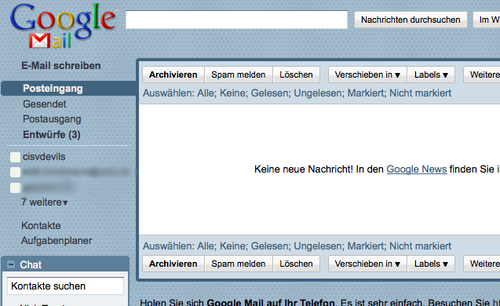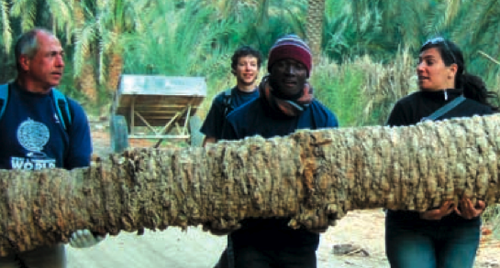Websites that could help CISV chapters raise funds online.

I recently subscribed to the paper version of
GOOD magazine - I've been enjoying their website for a while, I've even linked to a few articles here on FTB. Insterestingly, when signing up, they didn't want to keep my subscription fee of 50 US$ for themselves, but instead redirected me to a website called
GlobalGiving. Here I could chose between a wide range of small projects that are in need for smallish donations. These projects range from educating HIV-positive kids in Bangladesh to saving a square-meter of rain forest in Brazil. Check out GlobalGiving's
about page featuring an excellent video that explains the idea.
The funny thing is that, just about a few months ago, while researching fundraising opportunities for the upcoming AIM, I met with a girl that works for
an organization called Betterplace.org, a Berlin-based non-proft that seems to be doing exactly the same thing as GlobalGiving - displaying a range of projects by NGOs or even just groups of people and offering different ways of donating online.
What in it for CISV? I don't think that either of these websites will generate funds from people that don't know about CISV - poverty, education and saving the planet have a marketing advantage compared to us. But - since our
own online donation set-up is in such a poor condition, why not rely on one of these websites to help collect funds for specific projects from people that already know about CISV?
At least with Betterplace (haven't looked into the details at GlobalGiving) you can generate e-mails that you send to your members and friends to promote a new poject. You can embed a progress bar on your website, there's also Facebook widgets you can use. Moreover, Betterplace provides the infrastructure of donating online with a credit card, PayPal etc., something that would otherwise be difficult to set up and take care of.
What I especially like, is that since you can donate within a few minutes from the comfort of your living room sofa, even small donations like 5$ make sense. Furthermore, I think presenting CISV on these websites will also help promote our organization in general, and isn't that
one of our strategic goals? Finally, compared to huge humanitarian organizations where a high percentage of any donation is spent on administration, at least with Betterplace 100% goes directly to the charity (us).
Obviously this is not a top-down way of fundraising, but has to be initiated by the indiviudal chapter: In need for a new copying machine for the office? Or a printer for the upcoming village? How about fundraising for camp t-shirts? I think that GlobalGiving and Betterplace provide a fantastic opportunuity. We're currently trying to use Betterplace for our upcoming AIM, and I'll keep you posted on our progress.
I actually did search for any CISV projects listed at GlobalGiving, but couldn't find any, so I will probably donate to a children's project in Nepal (I have a personal connection). But here's my challenge: If any chapter manages to set up a project at GlobalGiving within the next two months, send me a note, and I'll be glad to donate my GOOD subscription fee to whatevery you are planning.



